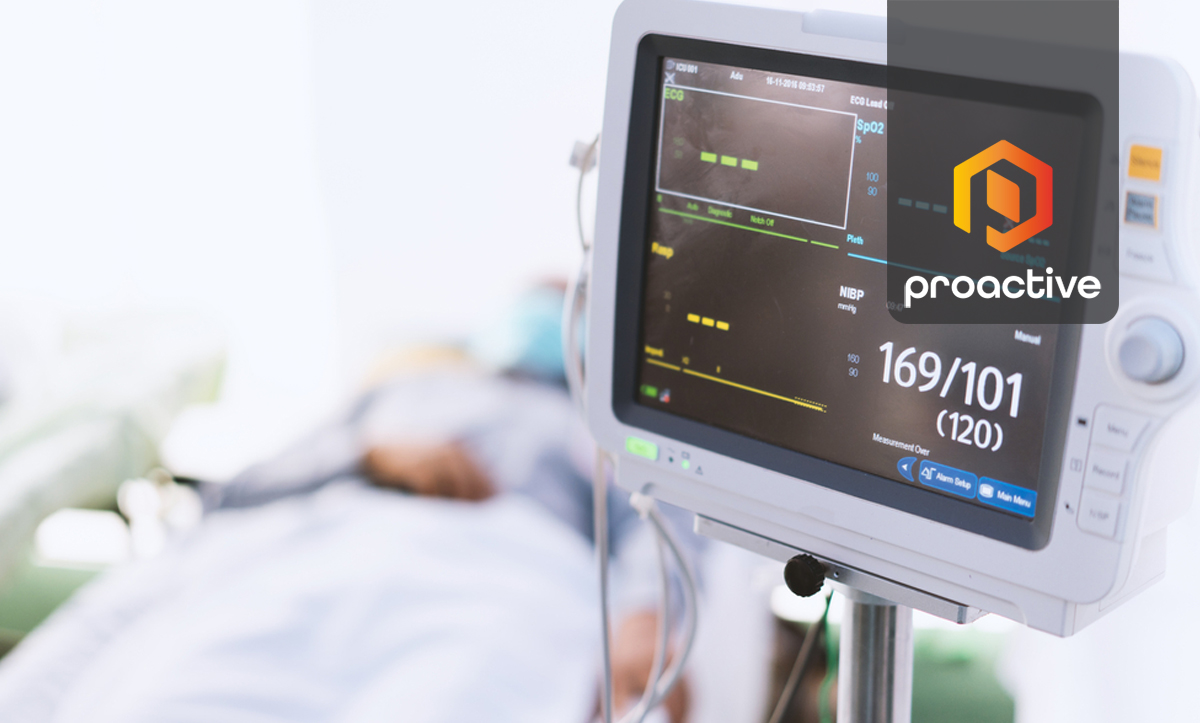 News Release
News ReleaseAiViva’s Diverse Product Pipeline Could Have The Potential To Transform Unmet Medical Needs
AiViva BioPharma
AiViva BioPharma is a clinical-stage biotech company developing innovative and transformative treatments and products to address unmet medical needs for a wide array of diseases. AiViva has created a diverse product pipeline powered by its proprietary technology and new and innovative treatments. It has built a strong patent position to protect products to be commercialized for worldwide sales from its diverse product pipeline for ophthalmology, dermatology, urology, and oncology. The company has a veteran management team with a combined 300 years of experience at its helm. The California-based company has raised $30+ million in capital, including $10 million in 2022, and is buzzing with action and optimism. It boasts a robust clinical pipeline focused on wet, age-related macular degeneration (wAMD), prostate disorders, and nonmelanoma skin cancer. How AiViva’s Proprietary JEL™ Technology Works AiViva’s proprietary JEL™ technology is aimed at prolonging the therapeutic effects of drugs and enhancing their benefits. A key outcome of this strategy is a reduction in treatment frequency and systemic toxicity, which relieves patients of multiple visits to the doctor while gaining improved outcomes. AiViva’s JEL™ technology allows for the placement of the drug directly at the site of disease, where it forms a drug-infused mass or drug depot for prolonged drug release. Its delivery medium is a liquid at room temperature. When it’s injected into the diseased tissue at a warmer body temperature, it quickly hardens into a gelatin-like mass. This drug-infused gelatin serves as a storehouse, releasing the drug for release over time. The company says its JEL™ delivery platform offers customizable drug release and treatment duration for different therapies, making it a versatile drug delivery platform for the treatment of many major diseases, including solid tumors and wAMD. AiViva’s current focus is wAMD, and it’s set to begin clinical trials using its AIV007 compound combined with JEL™ in 2023. wAMD is a chronic eye disorder that causes blurred vision or a blind spot caused by abnormal blood vessels that leak fluid or blood into the macula — the area of the eye that provides the sharp, central vision needed for reading, driving and seeing fine detail — and scars it over time. Current treatments for this disorder only address the abnormal blood vessel growth (neovascularization) — not the formation of scar tissue or fibrosis. Leaving the scar tissue untreated could result in irreversible vision loss. There is no cure for wAMD. AiViva says its novel compound AIV007 embedded in JEL™ offers superior outcomes for wAMD because it targets neovascularization and addresses cell proliferation and fibrosis (scarring), improving impaired vision or preventing vision loss. In addition, AIV007 in JEL™ delivers localized and precise treatment, unlike most medicines that spread throughout the body randomly. AiViva’s technology only requires placing a tiny amount of drug at the disease site and ensures the drug remain there for a long treatment effect. This precision medicine would achieve good therapy outcome without annoying side effects, reduce the number of doctor’s visits. A Technology Backed By Patents That Could Be Applicable In Multiple Disease Treatments Applying the principles of its JEL™ technology, AiViva is targeting other major diseases that involve neovascularization, abnormal tissue growth and fibrosis, including benign prostate hyperplasia (enlargement of men’s prostates), low-grade prostate cancers and skin disorders. AiViva has ongoing clinical trials in skin cancer and keloid scarring for the compound AIV001. It has wAMD lined up as its next candidate for clinical trials. The indications targeted by AiViva represent a combined multi billion revenue potential, according to the company. The technology is protected beyond 2040 by patent applications in major markets, including Europe, Japan, China and the U.S. The company reports allocating almost 80% of its capital to research and development in the past years, through which it has been able to bring several projects through Food and Drug Administration’s (FDA) Investigational New Drug Applications (INDs). A Seasoned Management Team AiViva’s website highlights a management team of highly experienced industry experts with successful track records in drug development and commercialization. Its board members have been described as having led successful initial public offerings (IPOs) on the New York Stock Exchange (NYSE) and the Nasdaq Stock exchange. Here’s a look at some of them: Co-Founder and CEO Diane Tang-Liu held several senior executive positions at Allergan Plc. (NYSE: AGN), leading research and development (R&D) programs for over 30 years. Director Johnson Lau is CEO of Athenex Inc. (NASDAQ: ATNX) and was chair of the $75 million Athenex IPO in 2017. Johnson was previously CEO of Ribapharm Inc. (NYSE: RNA), which launched a $299 million IPO on the New York Stock Exchange in 2002 — the second-largest biotech IPO in history at the time. Director Larry Hsu was co-founder, president and CEO of Impax Laboratories Inc. (NASDAQ: IPXL), a company that had a market cap of about $3 billion at the time of his retirement. Director Jinn Wu was Dr. Jinn Wu is the Founder and President of XenoBiotic Laboratories, Inc. (XBL) in Plainsboro, New Jersey, and XBL-China in Nanjing, China. WuXi PharmaTech (Cayman) Inc. (NYSE: WX ), acquired XenoBiotic Laboratories, Inc. With an impressive team leading the charge at AiViva, the company is optimistic about its ability to raise capital and believes its investors could reap high returns on their investment if the past experience of its collective leadership in leading IPOs is anything to go by. To learn more about AiViva visit the company website. To invest in AiViva go here. AiViva is a clinical stage biotech company which has created proprietary technology and new treatments to address significant, unmet medical needs in ophthalmology, dermatology, urology, and oncology. The company is led by a team of seasoned industry experts who have an outstanding track record in successful drug development, commercialization, and multiple IPOs on the NYSE and NASDAQ. This post contains sponsored advertising content. This content is for informational purposes only and is not intended to be investing advice. The preceding post was written and/or published as a collaboration between Benzingaâs in-house sponsored content team and a financial partner of Benzinga. Although the piece is not and should not be construed as editorial content, the sponsored content team works to ensure that any and all information contained within is true and accurate to the best of their knowledge and research. Benzinga may receive monetary compensation from the issuer, or its agency, for publicizing the offering of the issuerâs securities. This content is for informational purposes only and is not intended to be investing advice. This is a paid ad. Please see 17(b) disclosure linked in the campaign page for more information. Contact Details Michael office@aiviva.com Company Website https://aiviva.com/
November 22, 2022 08:00 AM Eastern Standard Time







